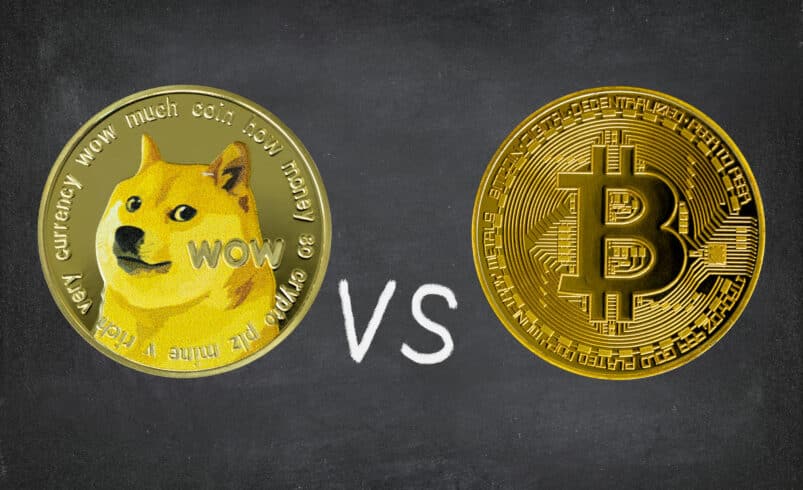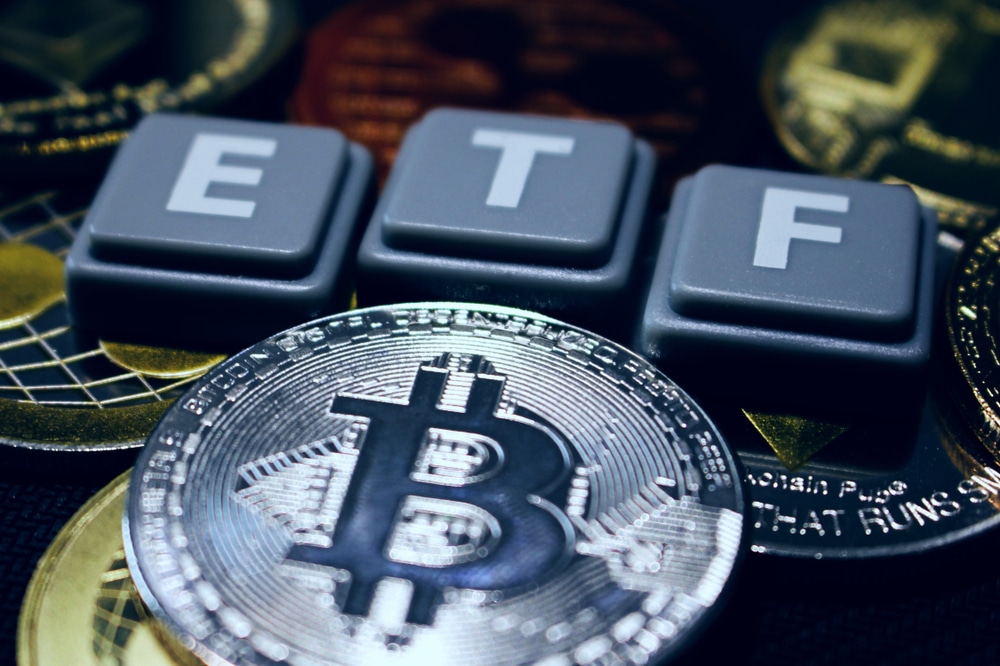Understanding Crypto Security Tokens: Functions and Implications

The realm of blockchain and digital currencies presents intricate terminologies that might appear daunting to novices. Additionally, the term ‘security tokens’ has relevance in both conventional data science and blockchain contexts. In data science, security tokens pertain to devices facilitating access to limited data. On the other hand, within the blockchain domain, security tokens fall under the broader category of cryptocurrencies.
In this guide, we will focus on cryptocurrency security tokens, their functioning, and an in-depth analysis of their advantages and potential pitfalls.
Understanding Cryptocurrency Security Tokens
Cryptocurrency security tokens are digital instruments that signify traditional securities and their proprietary rights within the blockchain. Consequently, they provide a clear and fortified mechanism to possess and transfer associated assets. The valuation of these tokens is rooted in the assets they signify, setting them apart from typical cryptocurrencies.
Blockchain’s versatility allows for the tokenization of various assets, including shares, bonds, real estate properties, vehicles, and digital art, among others. For instance, tokenizing digital or physical art through standards like ERC-721 on Ethereum results in non-fungible tokens. Conversely, when bonds, company equities, or real estate assets undergo tokenization, they emerge as security tokens.
Tokenizing tangible assets gives rise to Real World Assets or RWA tokens. This notion is gaining traction within the crypto sphere, presenting a novel avenue for investment in conventional assets.
Functioning of Cryptocurrency Security Tokens
The inception of cryptocurrency security tokens happens via a process known as tokenization. This entails transforming vital and confidential data into nondescript “tokens.” Not only does this grant users access to token data, but it also ensures the privacy and security of sensitive information. Though reminiscent of systems in traditional paper stock practices, tokenization in this context is wholly digital, anchored in blockchain and cryptocurrency.
For clarity, consider the tokenization of a piece of real estate. Developers configure a smart contract, inputting requisite conditions and specifics of the property. As smart contracts operate autonomously, they facilitate the transfer of asset ownership using security tokens once stipulated requirements are satisfied.
Subsequently, digital tokens symbolizing fractional ownership of the chosen property are crafted. Blockchain platforms equipped to handle smart contracts, like Ethereum, Polygon, and Tezos, facilitate this endeavor. Each token embodies a portion of the asset’s ownership, and these are presented to prospective investors through Security Token Offerings (STOs) to generate capital.
Merits and Demerits of Security Tokens
Security tokens offer numerous advantages over traditional securities, including operational efficiency, clarity, and fragmented ownership. Here are some highlights:
- Security tokens enable the division of ownership of assets. This division transforms traditionally non-liquid assets, such as real estate, into opportunities for global investments.
- Distinct from traditional securities, these tokens don’t have boundaries. They democratize investments, making them available globally.
- Drawing from their foundational technologies of blockchain and cryptography, they inherit formidable security attributes, reducing susceptibility to unauthorized breaches.
- Blockchain’s ability to expedite transactions ensures efficiency in all dealings tied to security tokens.
- Every transaction associated with security tokens is inscribed on the decentralized blockchain ledger, ensuring transparency and reducing deceitful activities.
However, the terrain of cryptocurrency security tokens isn’t without challenges:
- As with most financial instruments, volatility is inherent. Security tokens, being part of the crypto landscape, are not immune to price oscillations.
- The idea of cryptocurrency security tokens is nascent. Despite their potential to address liquidity concerns, the limited mainstream acceptance can render them non-liquid.
- Regulatory ambiguities pose another challenge. The evolving nature of the crypto domain means a comprehensive regulatory framework is still in formation.
How Do Security Tokens Contrast With Cryptocurrencies?
Security tokens are a category within the broader cryptocurrency universe. Though both employ blockchain technology, their functions and purposes diverge. Various cryptocurrencies exist, such as BTC, ETH, and DOGE, to name a few. In contrast, Polymath, tZero, and Harbor are examples of security tokens.
BTC stands as the inherent digital currency of the Bitcoin network, facilitating peer-to-peer international transactions. ETH primarily covers transaction fees within its system. Dogecoin and Shiba Inu, meanwhile, have emerged from internet meme-inspired origins. Utility tokens are designed for particular functions, granting access to specific products or services within a given project. On the other hand, governance tokens give holders a say in decision-making processes.
Security tokens offer a method for individuals to invest in foundational assets like stocks, bonds, or real estate. The performance of these tokens is intrinsically linked to the value of these foundational assets.
Final Thoughts
Security tokens represent a pioneering approach to integrating traditional assets with blockchain technology. They’re increasingly referred to as Real World Assets (RWA) tokens. Such tokens enhance the process, clarity, and safeguarding of ownership and the transfer of longstanding assets. Nonetheless, they aren’t exempt from the challenges and uncertainties of the broader cryptocurrency domain. As the digital currency landscape matures, we anticipate further advancements and more defined regulatory frameworks to support the growth of digital assets.
DISCLAIMER: It's essential to understand that the articles on this site are not meant to serve as, nor should it be construed as, advice in legal, tax, investment, financial, or any other professional context. You should only invest an amount that you are prepared to lose, and it's advisable to consult with an independent financial expert if you're uncertain. To obtain more information, kindly examine the terms of service and the assistance and support resources made available by the issuing or advertising entity. Our website is committed to delivering accurate and unbiased news, yet it's important to note that market conditions may change rapidly. Also, be aware that some (but not all) articles on our site are compensated or sponsored.








